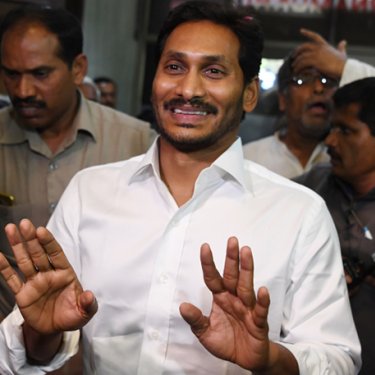Southern Indian state cracks down on “false” reports

Reporters Without Borders (RSF) strongly condemns an order issued by the government of the state of Andhra Pradesh, in southeastern India, instructing government servants to take aggressive legal action against journalists and media outlets publishing content they regard as “false.”
Issued on 30 October, Government Order No. 2430 gives staff of the state’s various government departments the authority to issue warnings, seek injunctions and initiate criminal prosecutions in response to media reports they regard as “false,” “baseless” or published with “malafide intent.”
The Hindu newspaper quotes Vijaya Sai Reddy, one of the local ruling YSR Congress Party’s representatives in the state parliament, as saying: “There is nothing to fear, the order is only to see that ‘defamatory’ reports against the government are not aired or published. We welcome news reports and even views, but they have to be substantiated with truth and facts.”
“It is not up to governments to decide what is ‘the truth,’ except under totalitarian regimes,” said Daniel Bastard, the head of RSF’s Asia-Pacific desk. “It’s pluralistic journalism that establishes the facts. Government Order No. 2430 amounts to imposing prior government censorship and is an intolerable tool for intimidating independent journalism. We call on Andhra Pradesh chief minister Jaganmohan Reddy to immediately repeal this pointless and insulting order.”
Government Order No. 2430 implies that Indian law is not up to the job of dealing with defamation. But this is not so. The “reasonable restrictions” on freedom of speech and expression listed in section 2 of article 19 of India’s constitution provide the basis for any criminal proceedings. And the constitution makes it clear that it is up to judges, not governments, to decide what constitutes defamation.
India is ranked 140th out of 180 countries in RSF’s 2019 World Press Freedom Index.



